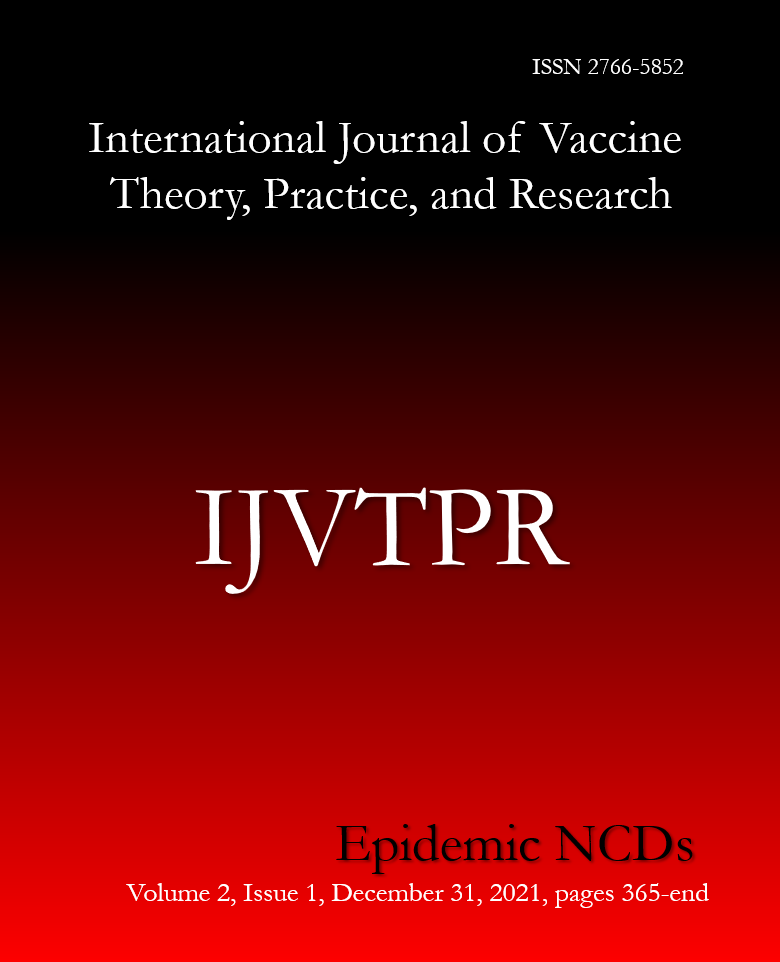
- Stephanie SeneffComputer Science and Artificial Intelligence Laboratory, MIT, Cambridge MA, 02139, USA
- Dr. NighNaturopathic Oncology, Immersion Health, Portland, OR 97214, USA
Keywords:
antibody dependent enhancement, autoimmune diseases, gene editing, lipid nanoparticles, messenger RNA, prion diseases, reverse transcription, SARS-CoV-2 vaccines
Abstract
Operation Warp Speed brought to market in the United States two mRNA vaccines, produced by Pfizer and Moderna. Interim data suggested high efficacy for both of these vaccines, which helped legitimize Emergency Use Authorization (EUA) by the FDA. However, the exceptionally rapid movement of these vaccines through controlled trials and into mass deployment raises multiple safety concerns. In this review we first describe the technology underlying these vaccines in detail. We then review both components of and the intended biological response to these vaccines, including production of the spike protein itself, and their potential relationship to a wide range of both acute and long-term induced pathologies, such as blood disorders, neurodegenerative diseases and autoimmune diseases. Among these potential induced pathologies, we discuss the relevance of prion-protein-related amino acid sequences within the spike protein. We also present a brief review of studies supporting the potential for spike protein “shedding”, transmission of the protein from a vaccinated to an unvaccinated person, resulting in symptoms induced in the latter. We finish by addressing a common point of debate, namely, whether or not these vaccines could modify the DNA of those receiving the vaccination. While there are no studies demonstrating definitively that this is happening, we provide a plausible scenario, supported by previously established pathways for transformation and transport of genetic material, whereby injected mRNA could ultimately be incorporated into germ cell DNA for transgenerational transmission. We conclude with our recommendations regarding surveillance that will help to clarify the long-term effects of these experimental drugs and allow us to better assess the true risk/benefit ratio of these novel technologies.
Author Biographies
Stephanie Seneff, Computer Science and Artificial Intelligence Laboratory, MIT, Cambridge MA, 02139, USA
Computer Science and Artificial Intelligence Laboratory, MIT, Cambridge MA, 02139, USA
Dr. Nigh, Naturopathic Oncology, Immersion Health, Portland, OR 97214, USA
Naturopathic Oncology, Immersion Health, Portland, OR 97214, USA
https://ijvtpr.com/index.php/IJVTPR/article/view/23/29
https://ijvtpr.com/index.php/IJVTPR/article/view/23.